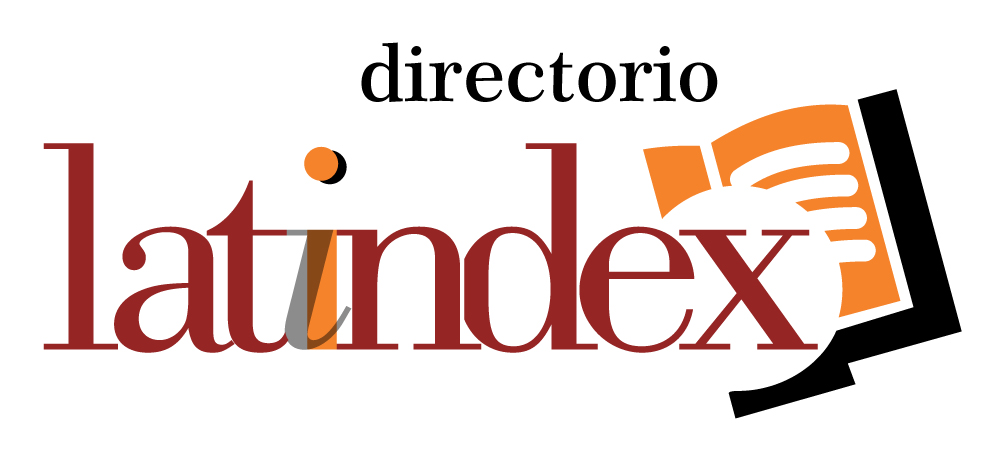Vol. 8 No. 2 (2017)

With great satisfaction, we announce volume 8, number 2, of Inquietude journal. The art making up cover is Beethoven’s frieze: the desire for happiness, by Gustav Klimt.
We present the second edition of 2017, consisting of five articles and a resumption of the valuable section of interviews. The editors of Inquietude Caius Brandão and Eduarda Santos Silva interviewed the renowned philosopher Oswaldo Giacoia Junior. The guiding theme of the dialogue was the status of philosophy in Brazil, about which Giacoia pointed questions on the quantitative and qualitative growth of philosophical production in the country, the formation of the philosopher and the interdisciplinary character of philosophy, reminding us philosophy was born from the dialogue with other areas of knowledge, with techniques and with art. It is a must read, check!
Opening the articles section, we have the text entitled Movement and subjectivity: From revolution in physics to revolution in subject, in which the author Eric Moura Duarte, from the book The structure of scientific revolutions, by Thomas Kuhn, traces, in general terms, how the conceptual change on the nature of movement, carried out by Galileo Galilei, implied the primacy of subjectivity in Descartes' philosophy. The author explains, when analyzing the paradigm break on the nature of movement, how this change led to a total transformation in the way we see the world.
The subsequent text is The principle of "self-care" and the therapeutic of the soul, in which Luciano André Palm analyzes the work A hermeneutica do sujeito by Michel Foucault, with the purpose of understanding how the principle of self-care can be conceived as a therapy for the soul. In addition, Palm presents the trajectory of self-care in tradition and western civilization and identifies
that Foucault calls "Cartesian moment", that is, in the emergence of science and modern scientific mentality, the overthrow of self-care as a constituent principle of the ethos of Western civilization.
Then, the article entitled Monism and dualism between State and law: Brief considerations about the concept of Rule of Law in Habermas, in which Rubin Assis da Silveira Souza questions the frequent adoption of the term Rule of Law in the work Between facts and norms, by Jürgen Habermas. The article investigates the problems arising from the foundation and presentation of this concept, contrasting it with its antithesis, which is Hans Kelsen’s monistic idea of State and law. According to the approach of Rubin Souza, the Habermasian philosophy implies the adoption of a dualistic theory between the concepts of State and law. The author, above all, reveals the radical incompatibility between Habermas' legal doctrine and Kelsenian positivism.
The penultimate text is entitled John Stuart Mill and the utility of liberty: A liberal perspective, by Aline Matos da Rocha. The author adopts a notion of freedom linked to the notion of utility understood from the utilitarian tradition. The article is based on a conception of freedom understood in individual scope, determined by the interests of the individual, with minimal interference from others or even public authority.
The closing of this edition is due to the article Descartes, Heidegger, the human condition and the question of time by Dante Carvalho Targa and Fabrício Fonseca Machado. The authors consider that Descartes, by instituting the metaphysics of subjectivity and the primacy of reason as instruments for the interpretation of man, opens space for the emergence of a scientific society that corrupts the notion of and establishes time is nothing more than a succession of events. The characterization of time as a mere sequence of facts, however, obscures the possibility of significance of the now and detracts man from his genuine being. According to the authors, in Heidegger’s view, it is necessary, for a more correct hermeneutics, to consider primarily the future and understand time as a determinant of the primordial structure of being.
We also inform Inquietude was approved as an extension project by the Board of Directors of the Faculty of Philosophy of the Federal University of Goiás. It is important to remember that there has already been an extension project of the magazine, registered in PROEC [Pro-rectory of Extension and Culture] under the coordination of professor Júlia Sebba Ramalho.
Finally, we would like to thank Ingrid Costa for her new visual identity and graphic design for Inquietude, which was directed by Luana Santa Brígida.
Kellen Aparecida Nascimento Ribeiro








